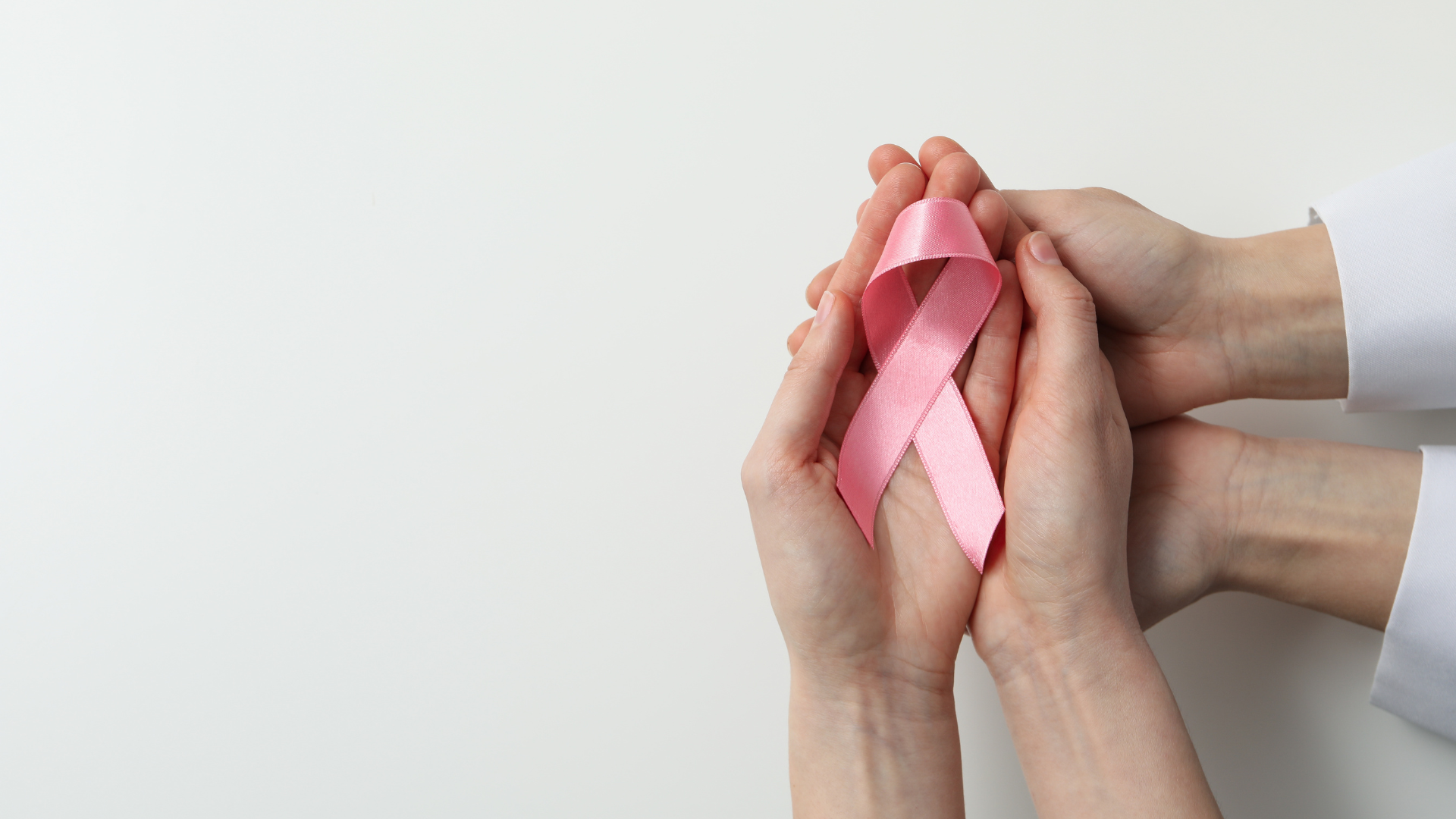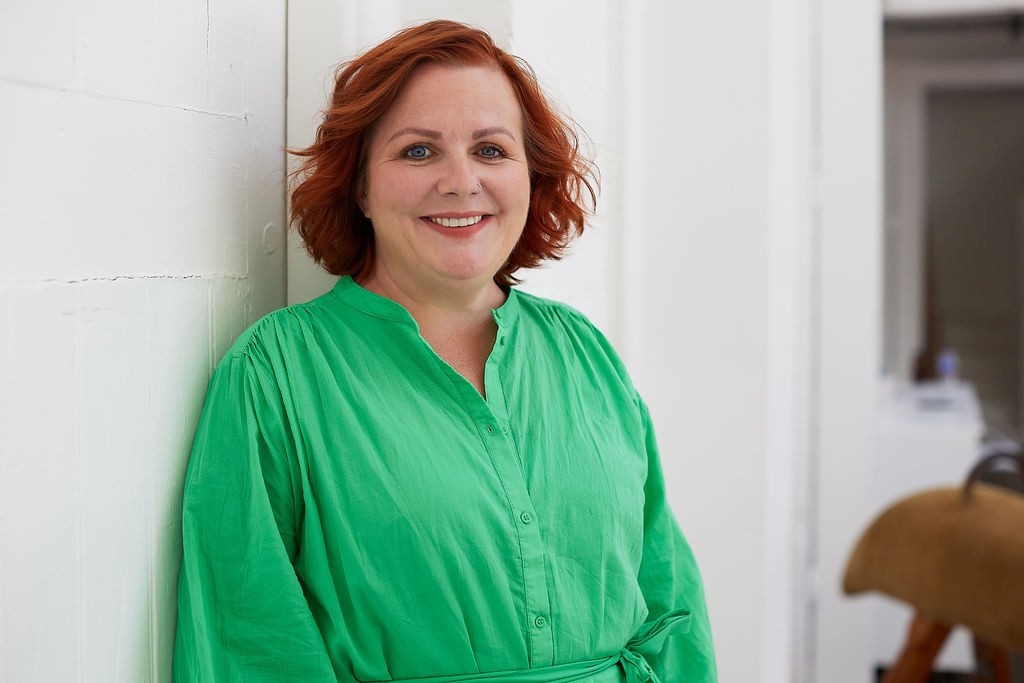Breast cancer is one of the most common cancers affecting women globally, but it is also among the most treatable when detected early. Advances in medical technology, awareness campaigns, and a growing emphasis on self-examination have led to better outcomes for countless women. However, despite these advancements, the key to increasing survival rates continues to rest on early detection.
Why early detection matters
Early detection can significantly improve breast cancer outcomes. When breast cancer is found in its early stages, the tumour is typically smaller and hasn’t spread to other parts of the body, making treatment more effective and often less invasive. According to Cancer Research UK, women diagnosed at the earliest stage of breast cancer have a 98% survival rate, compared to just 26% for those diagnosed at stage four.
Detecting breast cancer early allows for a wider range of treatment options, including surgery, chemotherapy, radiation, or hormone therapy, and often results in less aggressive treatment plans. This means fewer side effects and a quicker recovery. Ultimately, the earlier breast cancer is caught, the more treatable it becomes, saving lives.
How breast cancer develops
Breast cancer develops when abnormal cells in the breast tissue grow uncontrollably, forming a tumour. Some tumours are benign (non-cancerous), but others are malignant (cancerous). Malignant tumours can spread to other parts of the body if left untreated. The process of metastasis, where cancer spreads to distant organs, is what often makes the disease life-threatening. Early detection is crucial to prevent this spread and to treat the cancer before it grows beyond the breast tissue.
Self-examinations: A lifesaving habit
One of the most straightforward methods for early detection is regular self-examinations. Many women first discover their breast cancer themselves through noticing changes in their breasts. Self-examinations allow women to become familiar with the normal look and feel of their breasts, helping them to notice any changes, such as lumps, swelling, or skin abnormalities.
The general advice is to perform a breast self-examination once a month, ideally a week after your menstrual cycle when breasts are least tender. Women who have gone through menopause should choose a specific day each month to stay consistent.
Key signs to look out for during a self-exam:
A lump or thickening in the breast or underarm area
Any change in the size, shape, or appearance of the breast
Dimpling or puckering of the skin
An inverted nipple or nipple discharge
Redness, scaling, or swelling of the breast
While not all lumps or changes indicate cancer, it’s important to consult a healthcare professional if you notice anything unusual. Self-examinations are not a replacement for medical screenings, but they are an essential step in breast cancer awareness and prevention.
Mammograms: The gold standard in screening
Mammograms are a highly effective screening tool that uses low-dose X-rays to detect changes in breast tissue. They can reveal tumours that are too small to be felt during a self-exam or clinical examination. Mammograms are particularly important for detecting breast cancer in women over 40, as the risk of breast cancer increases with age.
The NHS recommends women aged 50 to 71 be invited for mammograms every three years. However, younger women with a family history of breast cancer or other risk factors may be advised to begin screening earlier.
Breast Ultrasounds: A useful complementary tool
Breast ultrasound scans use sound waves to produce detailed images of breast tissue. Unlike mammograms, they don’t involve radiation, making them a safe option for younger women and pregnant women. Ultrasounds are particularly useful for examining dense breast tissue, where mammograms may not be as effective in detecting abnormalities.
At Pall Mall, we offer comprehensive breast ultrasound services, and with our 15% discount on a Breast Ultrasound Scan, we’re making it easier for women to access this important diagnostic tool. Ultrasounds are often used alongside mammograms to provide a clearer picture of any suspicious areas.
Schedule your appointment today and take the first step towards early detection and peace of mind. Prevention starts with awareness - together, we can make a difference in the fight against breast cancer.
For more information or to book an appointment, visit Pall Mall or call us directly on 0161 832 2111. Remember, early detection saves lives - don’t wait!







